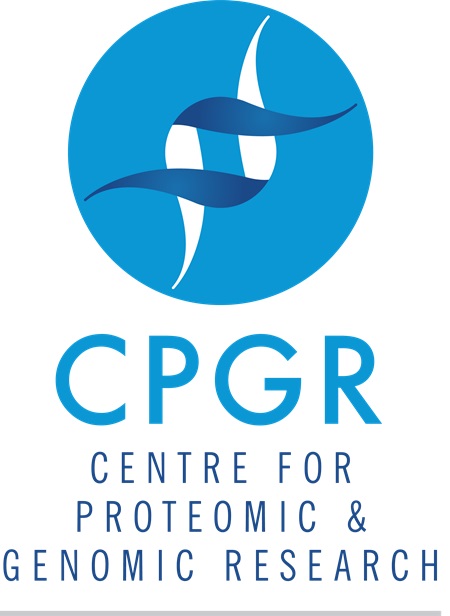Assessment of Serpin-Z2B in commercial wheat (Triticum aestivum L.) cultivars BIG and SST under water deficit stress.
Allsopp, D.*, Botha Oberholster, A.-M., Le Roux, M.-S.
Department of Genetics, Stellenbosch University, Stellenbosch, South Africa
Wheat (Triticum aestivum) is one of the most widely grown cereal crops in the world with over 775 million tonnes being produced on over 200 million hectares annually. It is a major staple food source globally due to its versatility and high nutritional value. To meet the rising food demand of a growing world population it is predicted that global wheat production must increase by over 60% to avoid food shortages. However, many of the major global wheat producing regions are facing stagnation in annual yield increase due to various factors such as increased drought frequency and yield lost due to pests. The annual wheat yields are predominantly affected by the impacts of climate change, which is often synonymous to drought conditions, leading to water deficit stress within plants. As such my research focuses on the effects of water deficit stress and drought conditions on wheat plants and the stress response mechanisms within wheat to said stress conditions. The aim of my research is to assess the water deficit stress response and degree of stress tolerance of several mutant wheat lines in comparison to their parental lines by measuring changes in their physio-morphological and biochemical characteristics along with changes in gene expression patterns of the serpin protein family. The goal of my research is to elucidate the role serpin proteins play in water deficit stress and confirm if they have potential to be used in the production of drought tolerant commercial wheat lines. The degree of drought tolerance was assessed in several commercial wheat cultivars and their mutant lines by placing them under extended periods of water deficit stress. During this period of stress, physio-morphological and biochemical measurements were taken, in a broad-to-narrow approach, focusing primarily on leaf tissue to assess the stress tolerance of the wheat lines and identify the mechanisms employed to mitigate water-deficit stress. The best performing wheat mutant lines and their parental cultivars were then identified by principal component analysis and comparison of the measured characteristics. The serpin protein family act primarily as serine protease inhibitors and have been found to play a significant role in stress response mechanisms and the regulation of senescence in plant tissue. The gene expression patterns of the serpin gene family, specifically Serpin-Z2B, were then assessed by total RNA sequencing and qPCR during water deficit stress to identify any correlation between changes in gene expression and improved drought tolerance. To confirm its role in improved drought tolerance an agrobacterium mediated CRISPR-Cas9 gene editing system was used to inactivate the gene Serpin-Z2B. This was done by inducing a loss of function mutation within the genetic sequence coding for the primary reactive central loop of the Serpin-Z2B protein.
Keywords: wheat, water deficit stress, Serpins, CRISPR
